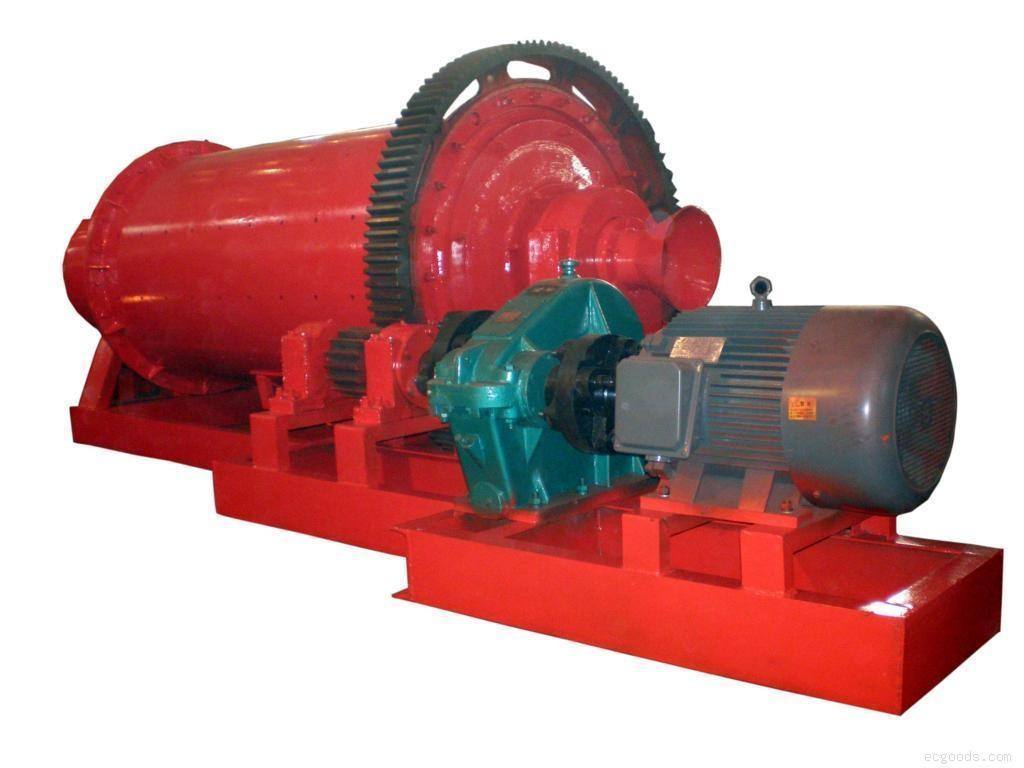Common ways to prevent and mitigate slime are: 1) Reduce and prevent the formation of slime: use a multi-stage grinding process and a stage beneficiation process. To properly select grinding and grading equipment to improve the efficiency of the classifier; 2) Adding agents to eliminate the harmful effects of slime: commonly used water glass, soda, caustic soda, etc., can reduce the flocculation and cover function of the slime. In order to alleviate the harmful effects of a large amount of adsorbent on the slime, a segmented dosing method may be considered; 3) Desliming the ground ore before flotation, and discarding it as tailings. If the content of useful components in the slime is high, the removed slime can also be floated separately or sent to the water treatment. Commonly used desliming methods: 1) descaling by classifier; 2) dewatering by hydrocyclone; 3) in special cases, a small amount of foaming agent can be added before flotation, and the easy-floating slime is floated out by flotation. In the use of water or in the ore, there may be soluble salts that affect the action of the agent and minerals and that cause mineral activation or inhibition. Usually compounds of carbonates, sulfates, sulfonates, calcium, magnesium , sodium, chlorides and silicon. If the calcium content in the water is mostly hard water, a large amount of the agent is consumed when the hydrocarbon is floated in the hard water with the hydrocarbon acid and the soap. Mineral water in contact with the metal, the water will contain some metal ions such as iron, copper, zinc and the like. If exposed to sulfide minerals, these metals become sulfates in water and become refractory minerals. In addition, the amount of oxygen dissolved in water has a major impact on the Flotation Process. Due to the adsorption of oxygen on the mineral surface, the hydrophobicity of the mineral is enhanced, and the interaction of some collectors (yellow and black medicine) with the mineral surface is promoted, thereby accelerating the flotation process and improving the flotation index. However, when the floating water contains a large amount of organic substances (such as humus and microorganisms), the oxygen dissolved in the water is consumed, thereby reducing the flotation speed of the sulfide minerals, and in severe cases, destroying the entire flotation process. There are several ways to soften hard water: 1) The hardness of the carbonate can be eliminated by adding lime; 2) The hardness of calcium non-carbonate can be eliminated by adding soda; 3) The hardness of magnesium non-carbonate can not be eliminated by adding soda. It is necessary to add lime or caustic.
Ball Mill is a grinding device which is used to grind materials into fine powder with lining plate and grinding media inside the grinding drum, there are several kinds of ball mills: rod ball mill, batch ball mill, ceramic ball mill, Cement Ball Mill, and according to the working process, it can be divided into wet ball ball and dry ball mill, the wet ball mill is mainly used for the mineral processing plant such as iron ore processing plant, copper ore processing plant, chromite processing plant and the dry ball mill is mainly used for fine powder production plant such as quartz sand production plant, cement grinding plant, chemical fine powder grinding plant, etc, the feeding size usually need to be less than 25mm and the output fineness can be up to 350 mesh.
Ball Mill Ball Mill,Cement Plant Ball Mill,Small Ball Mill,Ball Mill Machine Henan Mingyuan Heavy Industrial Machinery Company Co., LTD. , https://www.heavyequipmentchina.com
